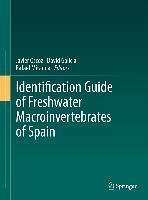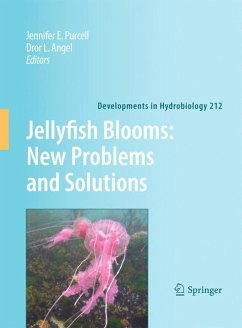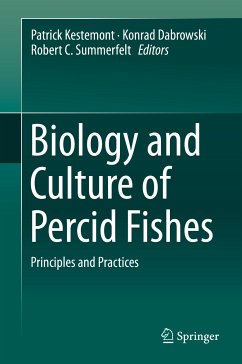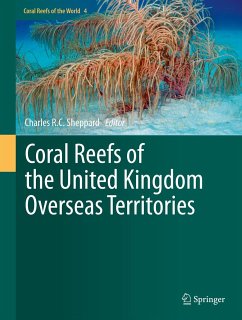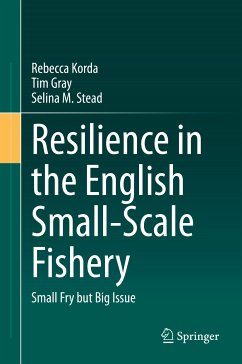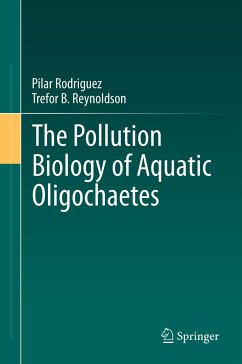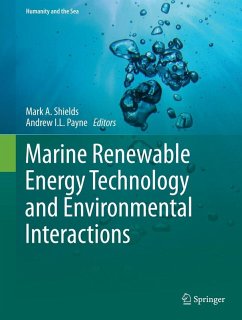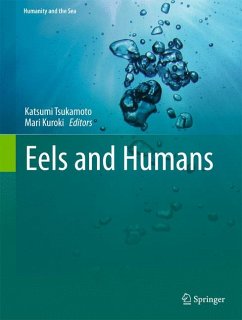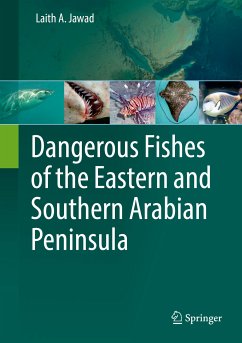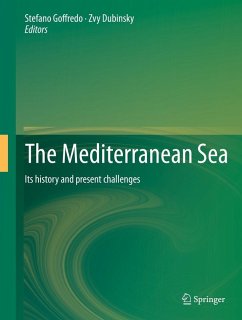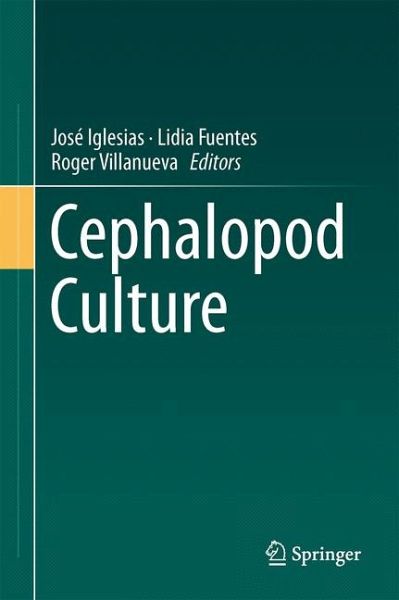
Cephalopod Culture (eBook, PDF)
Versandkostenfrei!
Sofort per Download lieferbar
112,95 €
inkl. MwSt.
Weitere Ausgaben:

PAYBACK Punkte
56 °P sammeln!
Cephalopod Culture is the first compilation of research on the culture of cephalopods. It describes experiences of culturing different groups of cephalopods: nautiluses, sepioids (Sepia officinalis, Sepia pharaonis, Sepiella inermis, Sepiella japonica Euprymna hyllebergi, Euprymna tasmanica), squids (Loligo vulgaris, Doryteuthis opalescens, Sepioteuthis lessoniana) and octopods (Amphioctopus aegina, Enteroctopus megalocyathus, Octopus maya, Octopus mimus, Octopus minor, Octopus vulgaris, Robsonella fontaniana). It also includes the main conclusions which have been drawn from the research and t...
Cephalopod Culture is the first compilation of research on the culture of cephalopods. It describes experiences of culturing different groups of cephalopods: nautiluses, sepioids (Sepia officinalis, Sepia pharaonis, Sepiella inermis, Sepiella japonica Euprymna hyllebergi, Euprymna tasmanica), squids (Loligo vulgaris, Doryteuthis opalescens, Sepioteuthis lessoniana) and octopods (Amphioctopus aegina, Enteroctopus megalocyathus, Octopus maya, Octopus mimus, Octopus minor, Octopus vulgaris, Robsonella fontaniana). It also includes the main conclusions which have been drawn from the research and the future challenges in this field. This makes this book not only an ideal introduction to cephalopod culture, but also a valuable resource for those already involved in this topic.
Dieser Download kann aus rechtlichen Gründen nur mit Rechnungsadresse in A, B, BG, CY, CZ, D, DK, EW, E, FIN, F, GR, HR, H, IRL, I, LT, L, LR, M, NL, PL, P, R, S, SLO, SK ausgeliefert werden.



